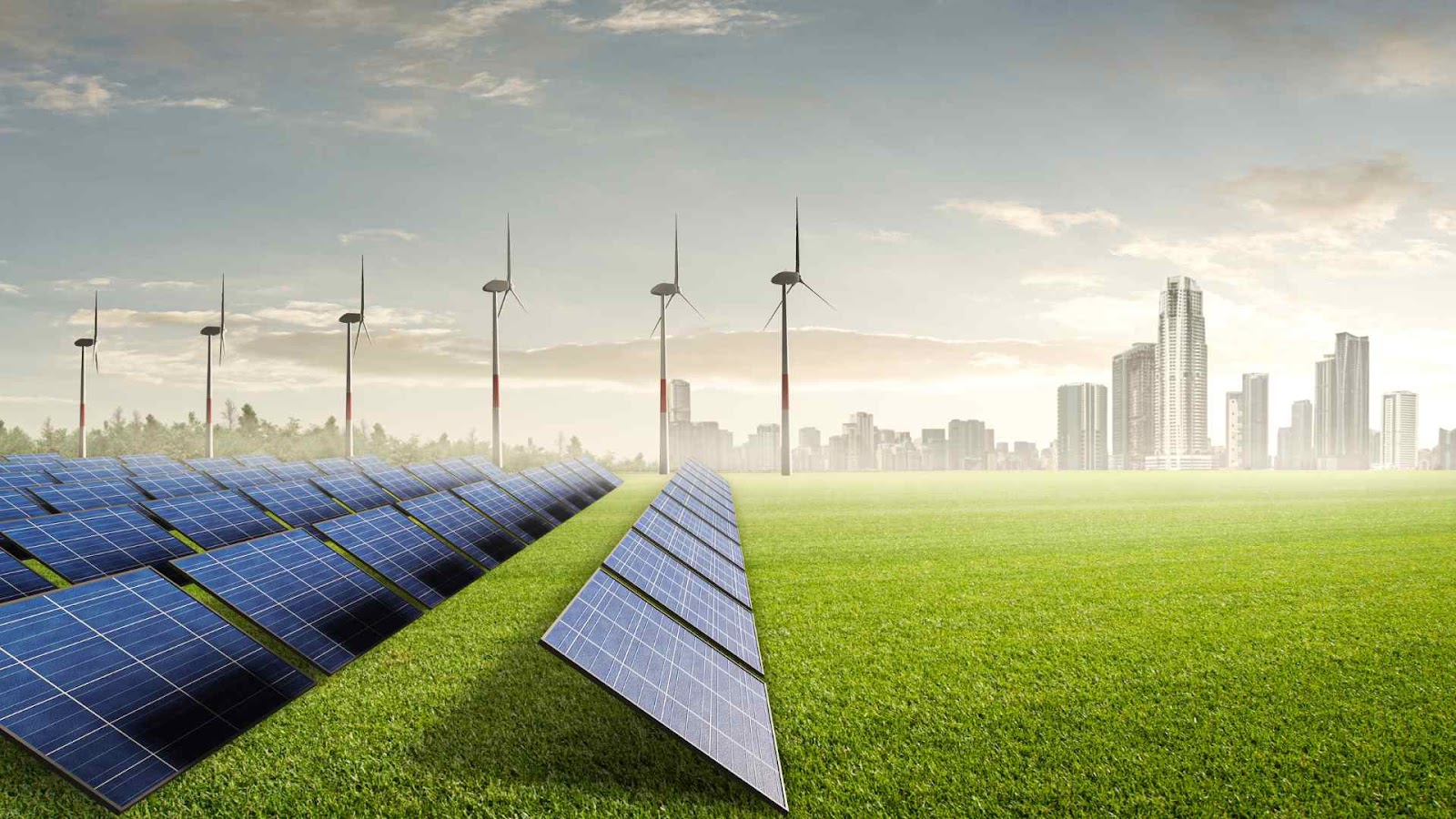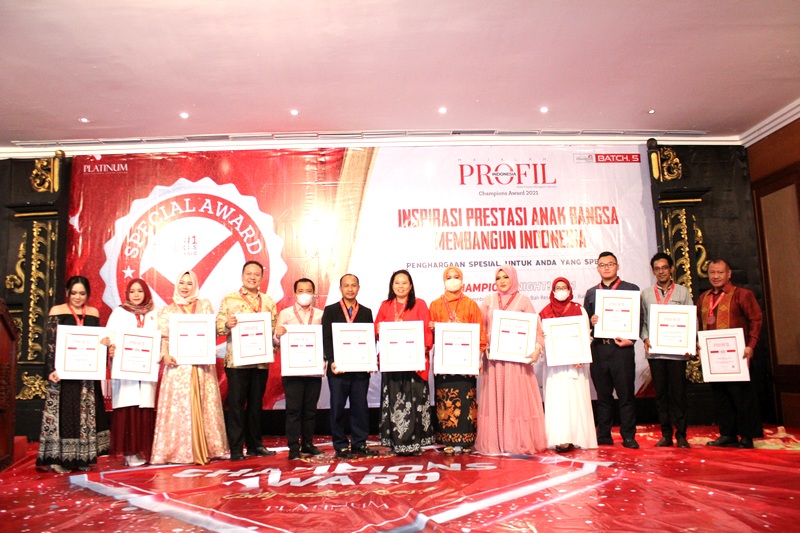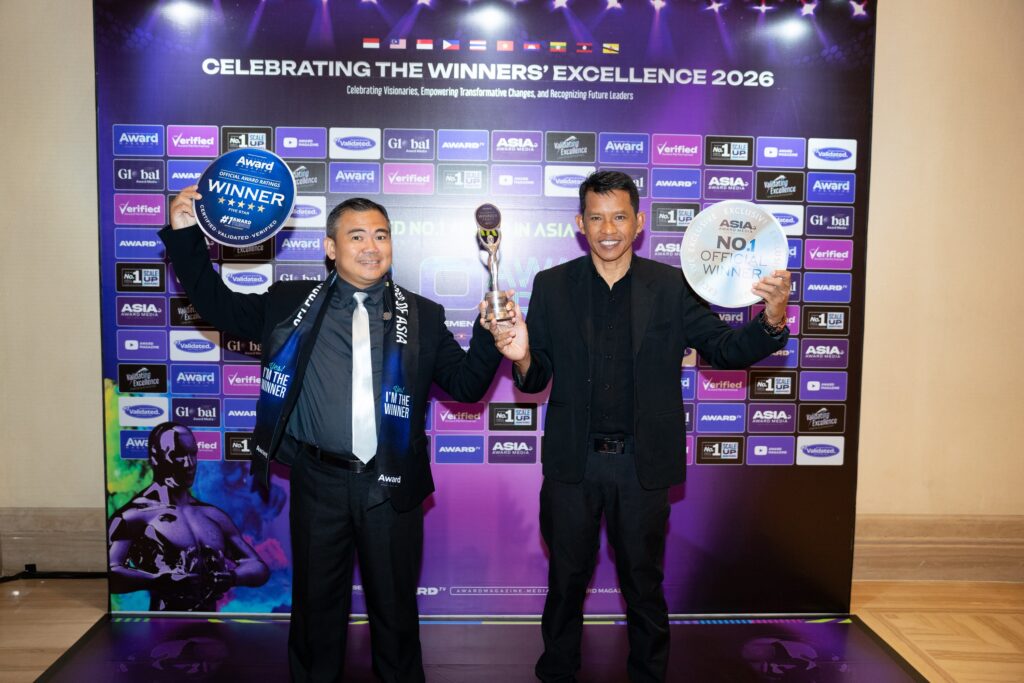Indonesia is setting its sights on becoming a global leader in clean energy development, with its downstream energy sector offering an investment potential of USD 3.6 trillion by 2060. This remarkable projection, presented by Edy Junaedi, Deputy for Investment Implementation Control at the Investment Coordinating Board (BKPM), underscores the country’s growing commitment to sustainable economic development. Speaking at the Executive Forum on Sustainable Investment, hosted by Media Indonesia in Jakarta on November 18, Edy highlighted the transformative role that green energy investments can play in shaping Indonesia’s future.
Edy explained that Indonesia’s ambition to achieve net-zero carbon emissions by 2060 underpins this massive opportunity. With its abundant natural resources and strategic position in the global energy market, the nation is uniquely positioned to lead the charge toward a greener future. “The clean energy sector offers not only significant financial prospects but also the potential to drive societal well-being and environmental preservation,” he noted. “We estimate an investment potential equivalent to IDR 50,000 trillion, emphasizing the sheer scale of opportunities available.”
This bold initiative aligns with global trends emphasizing sustainability, as nations worldwide adopt measures such as carbon taxation and adhere to agreements like the Paris Accord. Indonesia is leveraging these global shifts to attract foreign and domestic investors, aiming to transition its economy toward sustainable growth while preserving its rich ecological heritage.
To ensure these opportunities translate into impactful outcomes, Edy stressed the need for collaboration across various government entities. He noted that the Ministry of Energy and Mineral Resources, the Ministry of Environment and Forestry, and the Ministry of Industry must work in unison with the Ministry of Investment to establish policies that holistically benefit Indonesia. He cautioned against fragmented approaches that might disproportionately favor external interests, emphasizing the importance of creating a regulatory framework that safeguards national priorities.
The discussions at the forum delved into the practicalities of implementing green energy policies. Experts highlighted the necessity of fostering innovation, particularly in renewable energy technologies such as solar, wind, and geothermal power. Edy emphasized that the government is committed to creating a conducive environment for investments, with incentives and strategic partnerships designed to attract global interest.
The downstream energy sector represents a cornerstone of Indonesia’s broader green economy strategy. By tapping into its vast renewable energy potential, the nation can drive significant economic growth while addressing critical environmental challenges. The forum underscored the importance of aligning investment policies with sustainability objectives to ensure that economic benefits reach all levels of society.
With its ambitious targets and robust strategies, Indonesia is paving the way for a cleaner, more sustainable future. The USD 3.6 trillion investment potential reflects not just an economic opportunity but also a testament to the nation’s commitment to becoming a global leader in green energy innovation and implementation.






